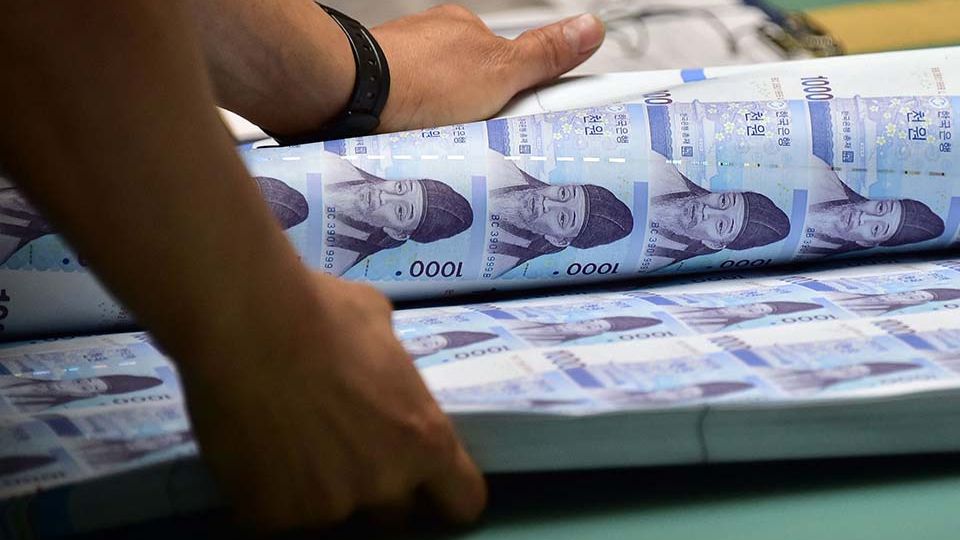May 29, 2025
SEOUL – Some 34 percent of young Koreans who underwent government financial workout programs to escape debt said their difficulties tempted them to take their own lives, while 93 percent said they had experienced emotional difficulties in the past year.
The Seoul Financial Welfare Counseling Center, conducted a survey on 1,374 people under the age of 30 who went through the city-provided financial workout after filing for “individual rehabilitation” for debtors. Over half (63 percent) of the surveyed youngsters said they had no one to turn to for help.
The individual rehabilitation defined in the Debtor Rehabilitation and Bankruptcy Act refers to the system where the government acts as an arbitrator between a lender and borrower who is unable to pay off one’s debt, allowing the debtor to be pardoned a part of the debt in exchange for paying back an agreed-upon amount for certain period. The state usually assists in a form of indirect subsidies such as government loans.
The survey showed that 31 percent of the respondents had between 40 million won ($29,000) and under 60 million won in debt, while 22 percent had between 60 and under 80 million, 19 percent had 100 million won or above, and 13 percent had between 80 million won and under 100 million won.
When asked how they accumulated their debts (multiple answers possible), 69.9 percent said it was mostly from cost of living, while 29 percent cited housing, 27 percent blamed overspending, and 17 percent said it was from supporting their family.
“Young people in the process of individual rehabilitation usually lack social safety nets such as support from family, stable jobs and welfare benefits. … The center’s goal is to reinforce the financial welfare system so that these youths can recover from their debts and plan a healthy future,” Jung Eun-jeong, the head of the Seoul Financial Welfare Counseling Center, was quoted as saying.
Some 84 percent in the survey said that they had used money borrowed from one financial institute to pay off another, in a bid to deal with their debts. About 65.5 percent said their debts grew to an insurmountable amount due to money owed to multiple parties, while 31.2 percent cited lack of income.


